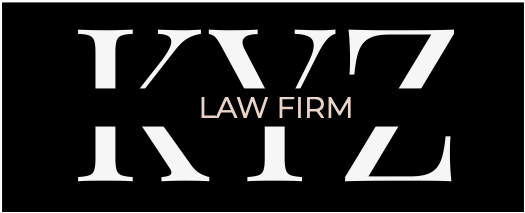1. Why Banks Decline to Notarize Estate and Legal Documents
A. Institutional Liability Concerns
Banks are risk-averse entities. Estate documents—such as wills, trust certifications, powers of attorney, and property-transfer affidavits—carry heightened liability exposure. Improper notarization can lead to claims of undue influence, incapacity, or defective execution. Most banks instruct their notaries to avoid documents that may be challenged in litigation or probate.
B. Internal Policy Restrictions
Banks typically allow notarization only for:
-
Routine banking forms,
-
Customer identity confirmations, and
-
Administrative documents used by the institution itself.
Anything outside these narrow categories is frequently prohibited. Many institutions have adopted uniform national policies that prevent branch employees from exercising discretion.
C. Lack of Training in Estate-Specific Requirements
Estate documents carry state-specific statutory requirements. Bank notaries—often hourly employees—are not trained to evaluate:
-
Witnessing requirements,
-
Elder-abuse red flags,
-
Execution formalities for wills or trusts,
-
Prohibited conflicts of interest.
To avoid missteps, the default answer is often a blanket refusal.
D. Cross-Border and Military Restrictions
Banks with international operations and federal institutions (e.g., Department of Army) often apply additional compliance layers. Documents affecting foreign jurisdictions, military estates, or international property transfer are routinely declined due to jurisdictional uncertainty.
2. Documents Banks Commonly Refuse to Notarize
-
Last wills and testaments
-
Revocable or irrevocable trusts
-
Trust certifications
-
Durable powers of attorney
-
Healthcare directives
-
Real property deeds and quit-claim deeds
-
Affidavits used in probate or estate litigation
-
International legal documents requiring apostille or consular processing
Banks decline these not because they are invalid—but because they fall outside the bank’s risk tolerance and legal scope.
3. Where You Can Obtain Valid Notarization
A. Mobile and Remote Online Notaries
Florida permits:
-
In-person mobile notaries
-
Remote online notarization (RON)
RON is ideal for clients traveling internationally or with mobility constraints. It is widely accepted, including for estate and real-estate transactions.
B. UPS Stores
These locations offer notarization with witnesses for a fee of $20 (as of May, 2025).
D. Financial Advisors and Title Companies
Some brokerage firms and title agencies provide notarization for internal clients, especially for real-estate or asset-transfer documents.
4. When Proper Notarization Is Critical
Improper notarization can invalidate documents or delay transfers, especially for:
-
Sale or refinance of inherited property
-
Trust administration
-
Funding a revocable trust
-
Powers of attorney needed for healthcare or financial access
-
Probate filings
A defective execution may void the document, require re-signing with new witnesses.
Notarization Isn’t the End — Are Your Legal Documents Valid (Void v. Voidable)?
Related resources
• Revocable Living Trust v. Lady Bird Deed- Which instrument does it better in bypassing probate court and delivering the best tax advatnages?


